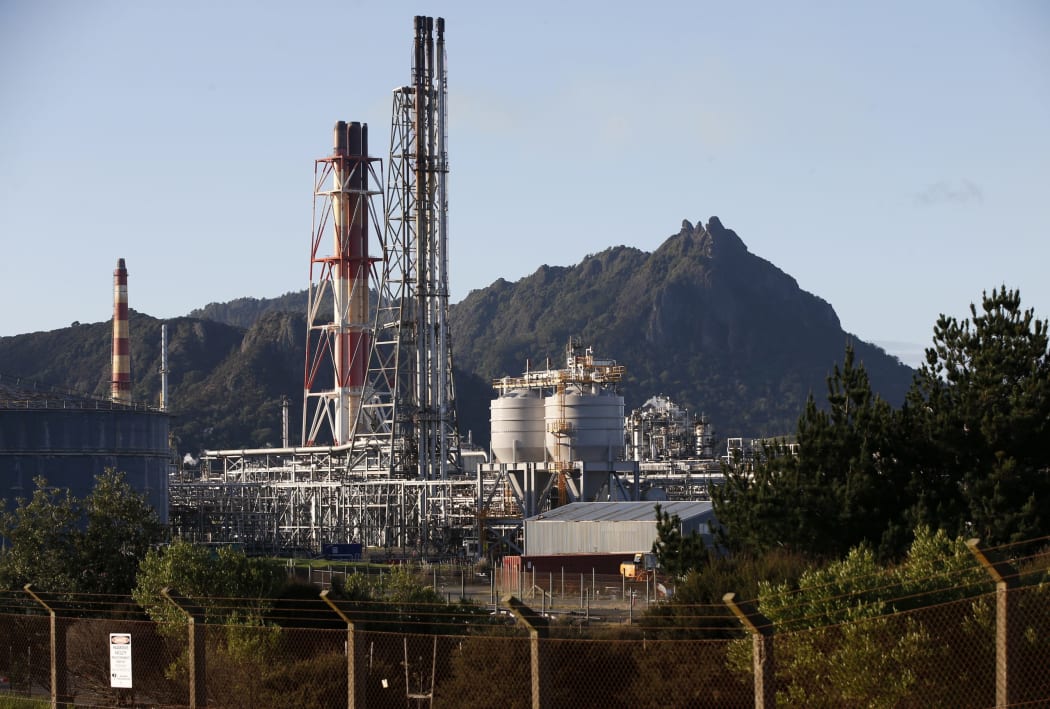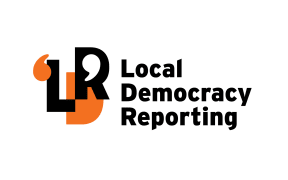Water rates are to potentially climb by more than 30 percent as Whangārei District Council faces a $3.4 million double hit from the end of Marsden Point oil refining and extra three waters costs.

Marsden Point oil refining's end means potential major water rates increase for Whangārei. Photo: LDR / Northern Advocate / Michael Cunningham
The increase is ten times more than originally planned.
The double hit sees Whangarei District Council (WDC) losing $2.5m in annual Marsden Point water use income and paying $905,000 in extra three waters costs for the coming financial year.
It wants to increase water rates by 31 percent to cover this.
WDC general manager corporate Alan Adcock said the originally-forecast three percent 2022/2023 water rates increase would, in the new post-refinery scenario mean a $3.45m council income deficit by the end of this coming financial year.
A 31 percent increase - to $3.03 per cubic metre/1000 litres of water - would mean breaking even.
"For an average domestic customer this would mean an increase in the annual water rates for 2022-23 from $414 to $518. For the average/medium business it would increase from $7523 to $9568," the council's annual plan said.
WDC had originally planned at $2.38 per cubic metre/1000 litres of water increase for the coming year.

The council's Draft Annual Plan said not going for the much bigger 31 percent increase for the coming financial year would mean potential consequences including rates increases down the track.
It could also mean deferring three waters infrastructure investment. Another alternative could also mean reducing maintenance for the existing water network or reducing service levels.
The major water rates increase is one of several major new proposals WDC has out for public consultation for its Draft 2022-2023 Annual Plan consultation opening on 6 April and continuing until 6 May.
Marsden Point has been a water super user for decades providing major WDC income. Water is an essential for the steam used throughout the refining process. However, 58 years of oil refining is about to end.
WDC's coming year's Draft Annual Plan said its three water systems for wastewater, stormwater and drinking water were among the most successful in the country.
It welcomed the implementation of the new water services regulator and new drinking water standards, to help ensure safe, reliable, and affordable water services across New Zealand.
However, that meant increased council compliance costs.
Taumata Arowai became New Zealand's new and independent water services regulator in November 2021. Its new drinking water standards and rules will replace New Zealand's current drinking water standards on 1 July 2022. Councils must comply with these.
The plan said WDC will need to invest an extra $905,000 each year in treating and providing water because of three waters. It said the larger increase was to make sure council income covered three waters outgoings.
Changes in the size of each portion of general household rates makeup meanwhile are also being consulted on.
WDC wants to redistribute who pays among its almost 30,000 residential property owners. This means higher-end property owners could soon be paying a bigger slice of the district's residential rates while those at the lower end pay less. The changes will come by changing the portion of the district's across-the-board uniform annual general charge portion of rates.
Without the proposed change, major rates increases will be in store for those in lower-end areas, as their properties saw Whangārei's biggest increases in land value at the district's three-yearly revaluation in November.
Those whose land value increased by more than the district's 51 percent average faced corresponding rate rises. The Smeaton Drive area's average residential land values rose by 83 percent and for Ōtangarei 81 percent. These were the district's second and third-biggest land valuation increases respectively. At the same time, land values for higher-end properties such as in Maunu / Maungatapere increased by 35 percent.
Local Democracy Reporting is Public Interest Journalism funded through NZ On Air

